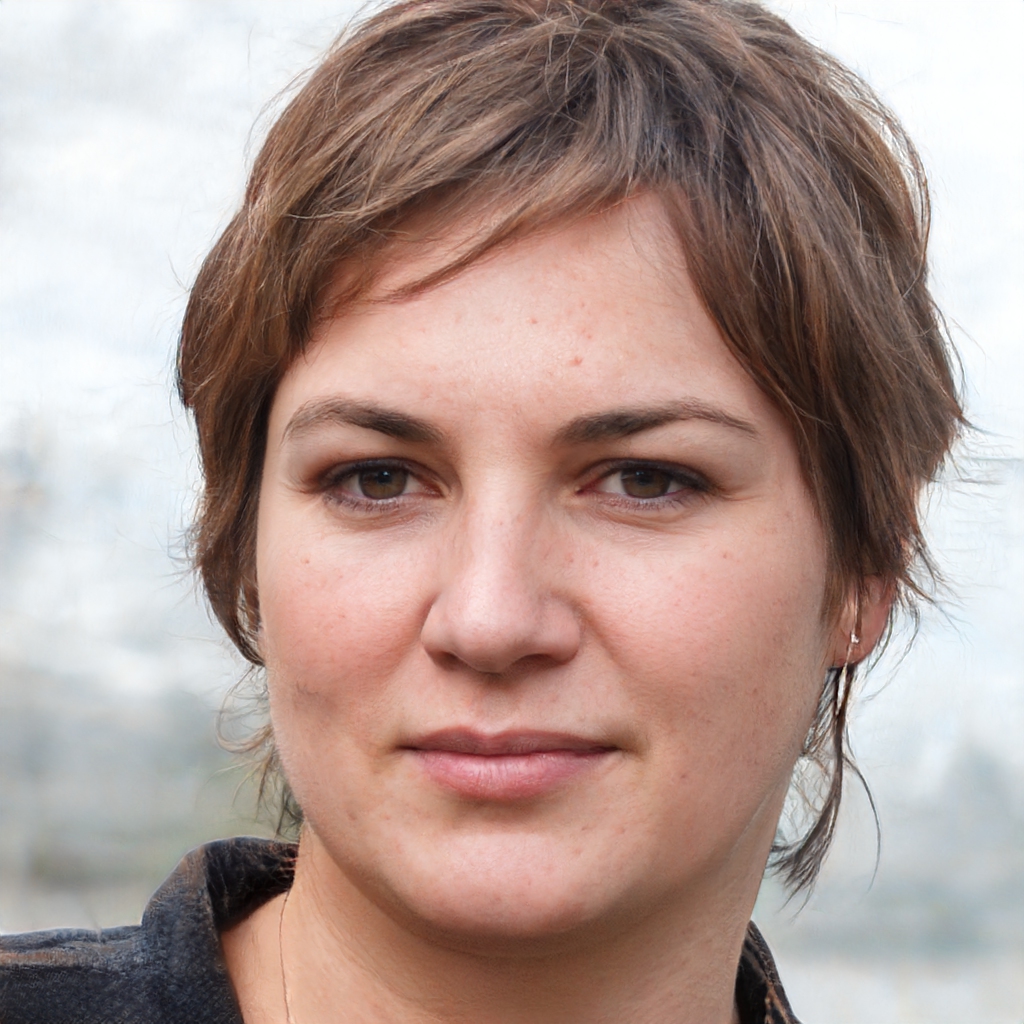WTF Do Investment Bankers Actually Do?
1,539,327 View
Share this Video
- Publish Date:
- September 28, 2024
- Category:
- Banking
- Video License
- Standard License
- Imported From:
- Youtube
Tags
Upgrade the way you learn with Brilliant! To get started for FREE go to http://www.brilliant.org/howmoneyworks
-----
Sign up for my newsletter https://compoundeddaily.com 👈
Edited By: Andrew Gonzales
Music Courtesy of: Epidemic Sound
Select Footage Courtesy of: Getty Images
For sponsorship inquiries, please contact [email protected]
All materials in these videos are for educational purposes only and fall within the guidelines of fair use. No copyright infringement intended. This video does not provide investment or financial advice of any kind.
#business #careers #investmentbanking
------
There are not many industries that are as hated and misunderstood as investment banking and it’s easy to see why. Investment banks are not banks and they don’t usually invest in anything either, so what do these guys actually do?
The average salary for a first-year investment banking analyst at Goldman Sachs is one hundred and twenty-three thousand dollars a year, and the median bonus received on top of that is eighty thousand dollars a year. An analyst performing at the top of their cohort can work their way up to associate, VP and then managing director in less than ten years. MD’s doing their job well can make a million dollars a year from base plus bonus.
A seven-figure salary before thirty is why so many people want to become investment bankers even if they don’t know what the job involves and that can be a huge mistake.
A survey of first year Goldman Sachs analysts brought working conditions at these banks into the spotlight. The average analysts reported working ninety-five hours a week and getting less than five hours of sleep a night.
Individuals reported showering once a week, too afraid to leave their desks because they would be shouted at by their superiors.
So what tasks are these smelly analysts completing in their ninety-five-hour weeks? The role of an investment bank is to link up investors and companies seeking their investment.
The name investment bank makes a lot more sense when you think of a “bank” as a middleman. The word bank comes from the Italian word banco which means bench, like the benches that merchants sat on in market squares.
An investment bank is just a middleman between wealthy investors and investment opportunities.
To make matters more confusing some of the biggest investment banks like Goldman have all diversified beyond just investment banking services. Goldman now has four primary divisions. It has a propriety asset management division where the bank uses its own money to invest in the markets like a hedge fund.
It’s second division is regular investing and lending like any normal bank further adding to the confusion between a bank and an investment bank.
It’s third division is institutional financial services. These guys provide coverage to investment funds with margin loans and trade executions. You can think of this like a robin hood account for the biggest investors in the world.
If you have ever watched the show Industry, institutional financial services is what most of the plot is focused around NOT investment banking. Goldmans fourth division is just for investment banking that is kept totally separate from the rest of the bank’s operations.
There are also smaller firms in the industry often called bespoke or boutique firms that JUST do investment banking.
The actual tasks completed by the people working in the investment banking divisions of banks like Goldman or a boutique firm like the one I used to work at It’s a lot more excel and PowerPoint than six screen Bloomberg terminals and high-octane sales calls. An investment banker is all about putting deals together, a lot like a real estate agent but for companies instead of condos.
5% of the time the client will be a buy side customer looking to buy a company. The buyers fall into two categories, strategic buyers and financial buyers. Financial buyers are just looking for a good return, these clients will be private equity funds, hedge funds or family offices that want exposure to a company that is not publicly listed.
One client that I dealt with wanted to sell two hundred million dollars’ worth of equity in his company to buy a sports team. My team was able to conduct strategic analysis and found that instead of selling his shares he could get a loan from the company, pay it out through a dividend and buy his sports team without selling his company.
As an analyst or associate you will have very little to do with step one which is landing these deals anyway, if you are lucky you might be invited to a client meeting by your MD or VP who are the senior employees responsible for securing the business.
So it’s time to learn How Money Works to find out what you would actually do if you became an investment banker and you were just handed your first deal to work on














